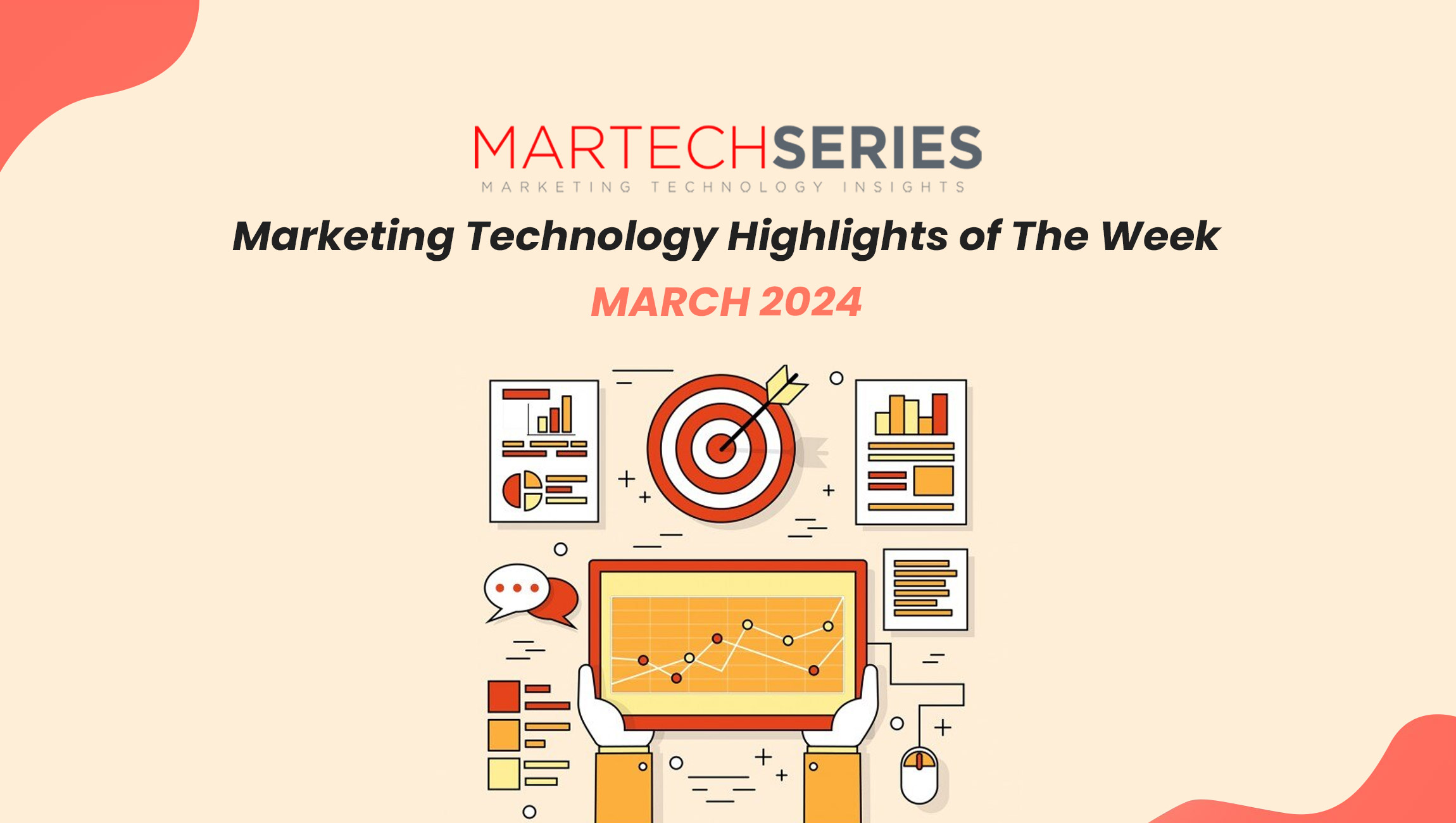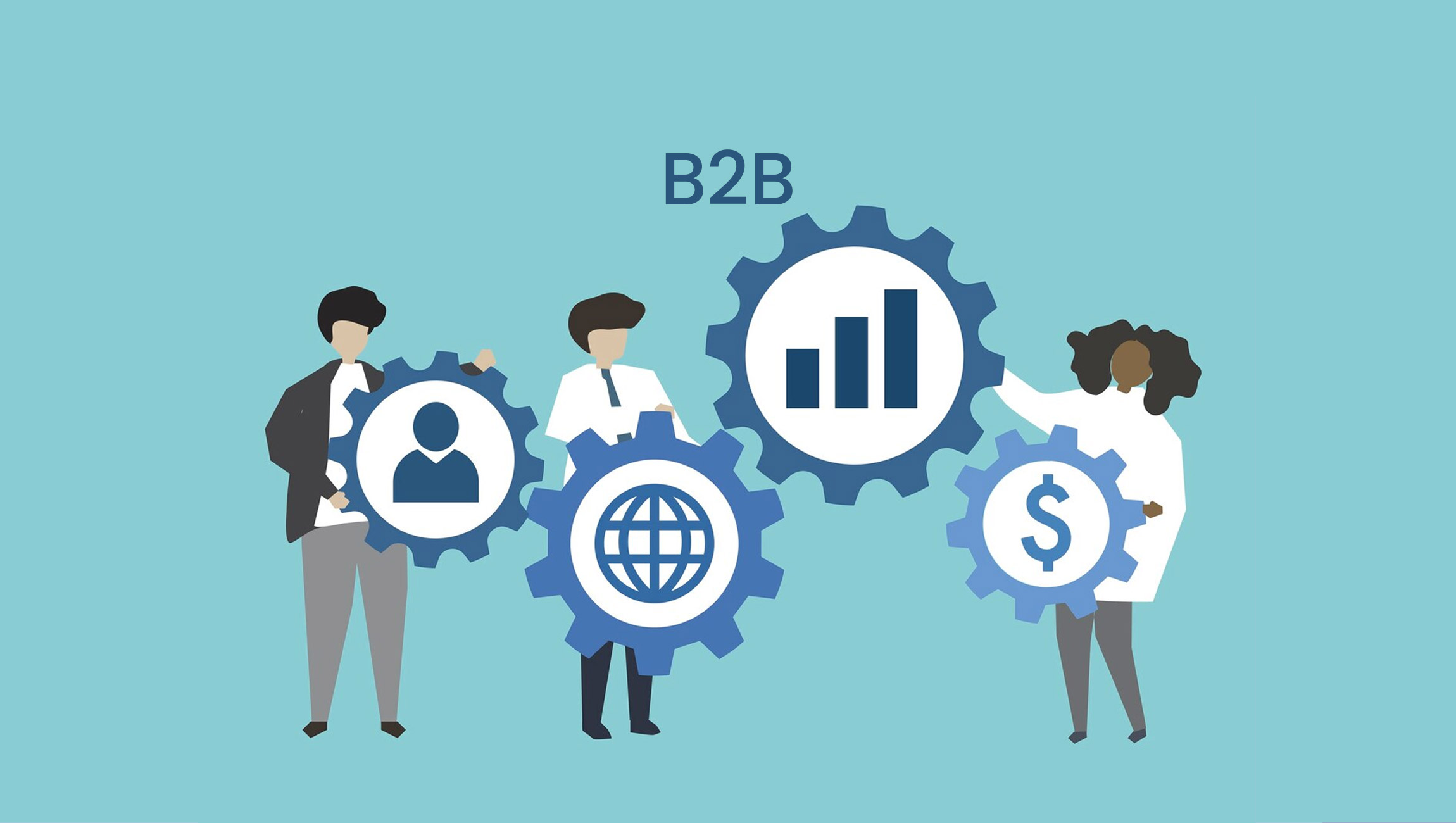Over the past year, the AgencyAnalytics team gathered insights that shed light on the current state of marketing agencies, their challenges, and the opportunities ahead. The most recent AgencyAnalytics Agency Benchmarks Report presents some compelling findings that are essential for every agency leader to consider as they navigate the challenges of 2024.
From the continuous quest for new clients to the pivotal role of referrals and the significant impact of time management, agency life is complex. Despite the shadow of economic uncertainty and the rise of AI technology, agency owners have a shared sense of optimism about the future, with many predicting an uptick in revenue this year.
Let’s dive into some key insights on the pulse of the marketing agency industry and how agency leaders are ready to adapt and pivot no matter what 2024 throws their way.
Economic Uncertainty Remains the Top Concern for Agencies
A sizeable 34% of survey participants expressed concern over how economic instability might affect the digital marketing sector.
Global events—the ongoing conflicts in Ukraine and the Middle East, climbing interest rates, and inflation—have fed into this climate of uncertainty. The drying up of stimulus money from the pandemic time has also made its impact felt well into 2023.
In times like these, companies often face budgetary pressures, leading to a more cautious approach toward marketing expenditures on both the agency and client sides.
Most Agencies Forecast a Revenue Increase by 2025
While agency leaders are concerned about how the economy will affect their business in 2024, most of them told us they’re preparing for notable growth or at least a positive upward trend by next year.
With digital advancements on the rise and consumer habits evolving, agencies ready to embrace and adapt to growth are set to spearhead progress. Although some are proceeding with caution, the prevailing mood is one of hopeful expectations.
Time Management Is the Top Internal Challenge for Agency Leaders
Time management was cited by 40% of agencies as the top internal challenge as they navigate allocating resources across various projects. This is a common scenario, given that agencies are juggling multiple clients and projects at any given time. (Perhaps not surprisingly, the second biggest challenge is employee burnout.)
Regardless of size, agency leaders acknowledge the importance of managing time and expenses efficiently, and as an agency grows, the complexity of logging hours and keeping an eye on project costs increases.
“Scaling a business requires time,” says Ruben Roel, President and Founder of Investigator Marketing. “When half of your business is losing time performing mundane tasks instead of working in productive ways, we effectively cap our expansion by slowing down how quickly things get done.”
This finding highlights the urgent need for better project management strategies and tools. These resources are essential for boosting productivity, ensuring clear communication, and maintaining accurate records of billable hours and expenses.
Most Agencies Already Use AI Tools
It’s impossible to mention innovation and time management without bringing up artificial intelligence. Among the agencies we surveyed, 78% already use AI in content creation. This trend spans agencies of all sizes, regardless of the number of clients or employees.
While AI initially caused concern for agency leaders who feared the technology could make their services obsolete, the widespread adoption of AI tools like ChatGPT globally signals a strong recognition of their value in the industry.
The drive towards embracing AI is fueled by its ability to automate mundane tasks, enhance data analysis, and boost efficiency and productivity.
Marketing Agencies Don’t Outsource Much of Their Work
A considerable portion of agencies, 81% to be precise, outsource part of their work. However, it usually constitutes a minor segment of their overall tasks—less than 10% of their workload. This indicates that while outsourcing is common, it’s typically reserved for selective purposes or specific needs.
Agencies prefer handling most of their tasks internally, which likely stems from a desire for direct oversight and control over projects. Outsourcing is mainly seen as a helpful approach for handling increased work volumes, tapping into specialized expertise like video editing and content creation, and fulfilling client requirements.
Marketing Technology News: MarTech Interview with Frank Paterno, SVP of Marketing at GlobalMeet
Client Acquisition Is a Bigger Agency Hurdle Than Managing Time or Maintaining Cash Flow
More than a third of agencies told us their main hurdle is finding new clients. This challenge stands out more than managing time or maintaining cash flow. This is especially true for agencies with a team of 6-10 members and those serving 21-30 clients, which indicates that the struggle with client acquisition varies with the agency’s size and client roster.
Implied within this finding is the fact that many agencies are intently focused on client acquisition as a key strategy for business growth. Though most agencies rely heavily on acquisition as a scaling factor, this statistic might also reflect a business approach that relies on shorter client engagements.
When things get tough, however, it becomes much more cost-effective for agencies to shift their attention to client retention. A 2023 study found acquiring new customers costs up to five times more than retaining existing ones. Loyal customers are also more likely to drive repeat business and referrals through word of mouth.
Referrals and Word of Mouth Are Key To Acquiring New Clients
Proving the previous point, nearly half of marketing agency leaders told us referrals and word of mouth are the best ways for agencies to land new clients.
“The biggest contributor to our growth so far has been client referrals,” says Matthew Regenie, CEO of Prospect Future. “We have an incredibly low churn rate for an agency that’s been in business as long as we have. The first clients we started out with are still with us, and we continue to help them grow and adapt to market conditions.”
These referrals are a decisive vote of confidence in the agency’s skills, leading to new, high-quality leads. Agencies must invest in their current client relationships, deliver outstanding service, and encourage happy clients to refer others.
Transparency Rules for Client Retention
Having clear and honest communication channels and transparency in dealings with clients is crucial for keeping clients happy and building trust.
Interestingly, the ability to effectively communicate often outweighs a campaign’s success. For agencies, success is just as much about what you achieve as it is about how you share those achievements.
Regular updates, consistent campaign reports, and open dialogue about victories and hurdles are vital practices that strengthen bonds and ensure agencies retain clients.
Agencies Typically Retain Clients for More Than Two Years
An impressive 70% of agencies who answered our survey said they boast a client retention span exceeding two years. This points to how they forge enduring relationships with their clients, consistently meet their objectives, and showcase their impact.
Agencies with shorter retention times specialize in services like PPC, SEO, social media, and local marketing. This suggests that these fields generally work on shorter contracts, or that it’s more challenging to demonstrate success and keep clients satisfied in these areas continuously.
On the other hand, agencies that provide a more diverse array of services have an edge in building longer-lasting client relationships.
Agency Owners Are Optimistic About the Future
In spite of economic concerns, many agency owners are beginning to reap the rewards of their perseverance and hard work, and 78% of them said they are “quite” or “very” optimistic about the future.
This widespread enthusiasm among respondents signals they anticipate their businesses will continue to grow. The optimistic forecast for the coming two years is more than just hopeful thinking; it reflects the marketing industry’s ability to adapt and innovate.
This optimism is shared by companies like AgencyAnalytics, which is uniquely focused on the marketing agency niche. Countless SMBs depend on marketing agencies for business growth and success. The deep reservoir of talent, innovation, and adaptability that marketing agencies bring to these SMBs should give us confidence in the future.
Marketing Technology News: Loyalty, Data and Personalization: The formula for growing retail revenue and customer lifetime value











